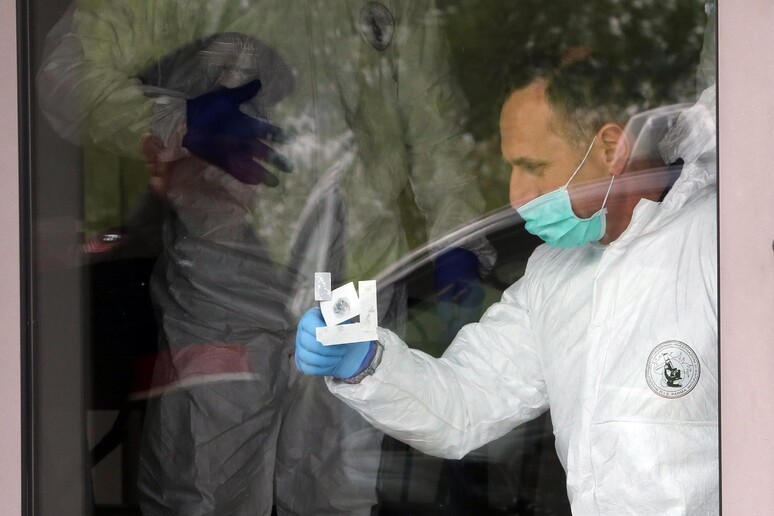Historians have reportedly
called in the Carabinieri police's RIS forensic unit to help
them crack a 400-year-old cold case regarding the death of
Alessandro Farnese, the third duke of Parma and Piacenza.
Farnese died at the age of 47 in 1592 and there have long
been suspicions that he did not die of natural causes but was
poisoned.
So his body and that of his wife, Mary of Portugal, have been
exhumed from Parma's Santa Maria della Steccata church and are
set to be subjected to an autopsy by pathologists at the city's
Maggiore Hospital.
"Alessandro Farnese was a key man for Philip II of Spain, who
won a series of historic battles," Anna Zaniboni Mattioli, the
history enthusiast behind the initiative along with the writer
Giuseppe Bertini with the support of the Costantiniano military
order, told La Gazzetta di Parma.
"He became one of the most problematic men in Europe.
"When he died it was thought that he was suffering from
pneumonia, but there's a suspicion that he may have been
poisoned because of the envy he stirred".
photo: Parma RIS investigators.
ALL RIGHTS RESERVED © Copyright ANSA











